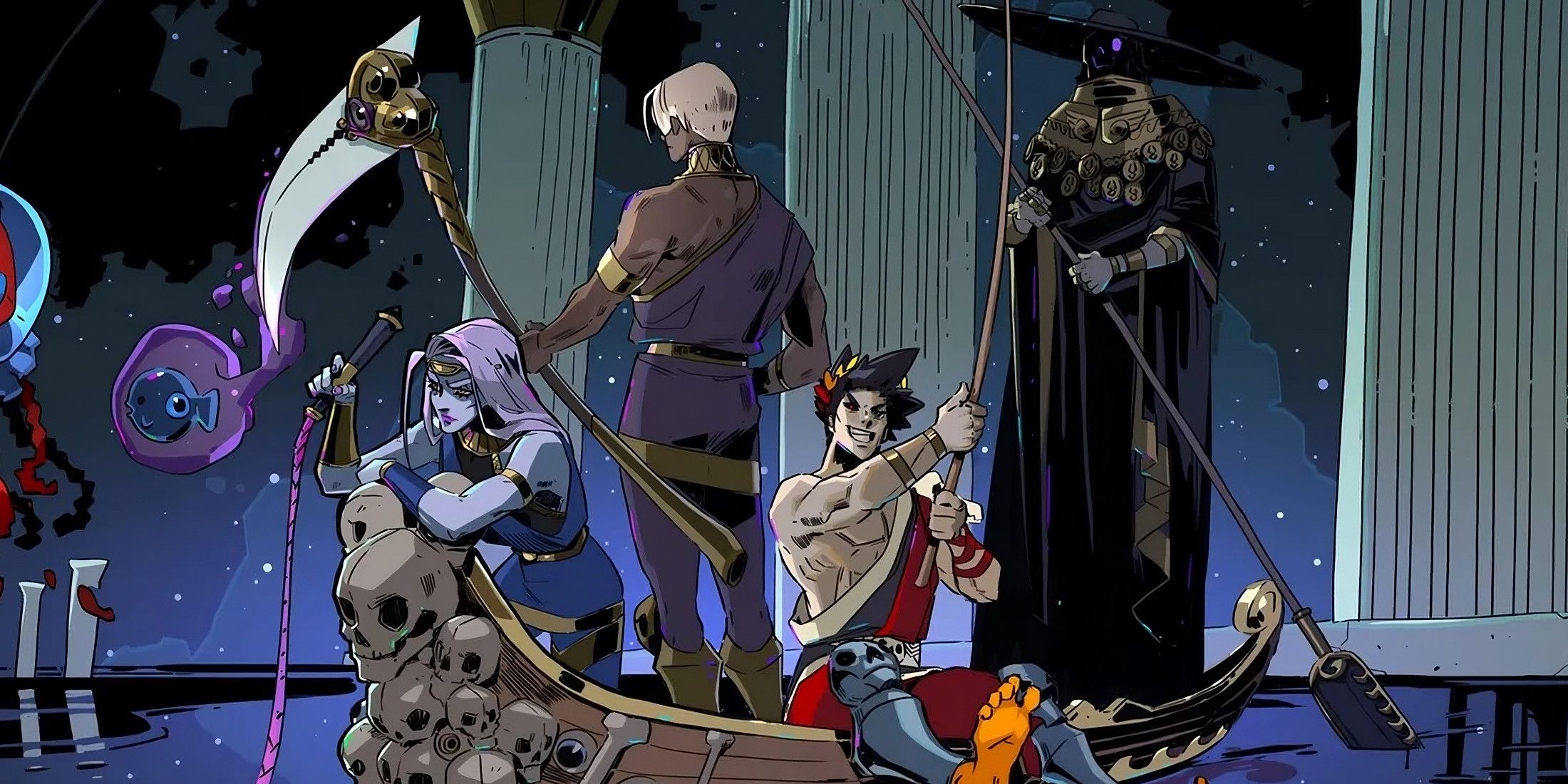
It’s common to see losing in games as a negative outcome, but some games intentionally build defeat into the gameplay. Rather than being penalized, losing can actually drive the story, help players learn, or be the only way to progress. When handled well, this demonstrates that defeat can be just as impactful and meaningful as winning.
Games often highlight that challenges are a natural part of playing-whether through planned events, repeating patterns, or difficult situations. Accepting that you *will* sometimes fail makes the emotional impact stronger and creates memorable stories that stick with you long after you stop playing, something that simply leveling up or completing tasks usually can’t achieve.
Returnal
Learning With Every Loss
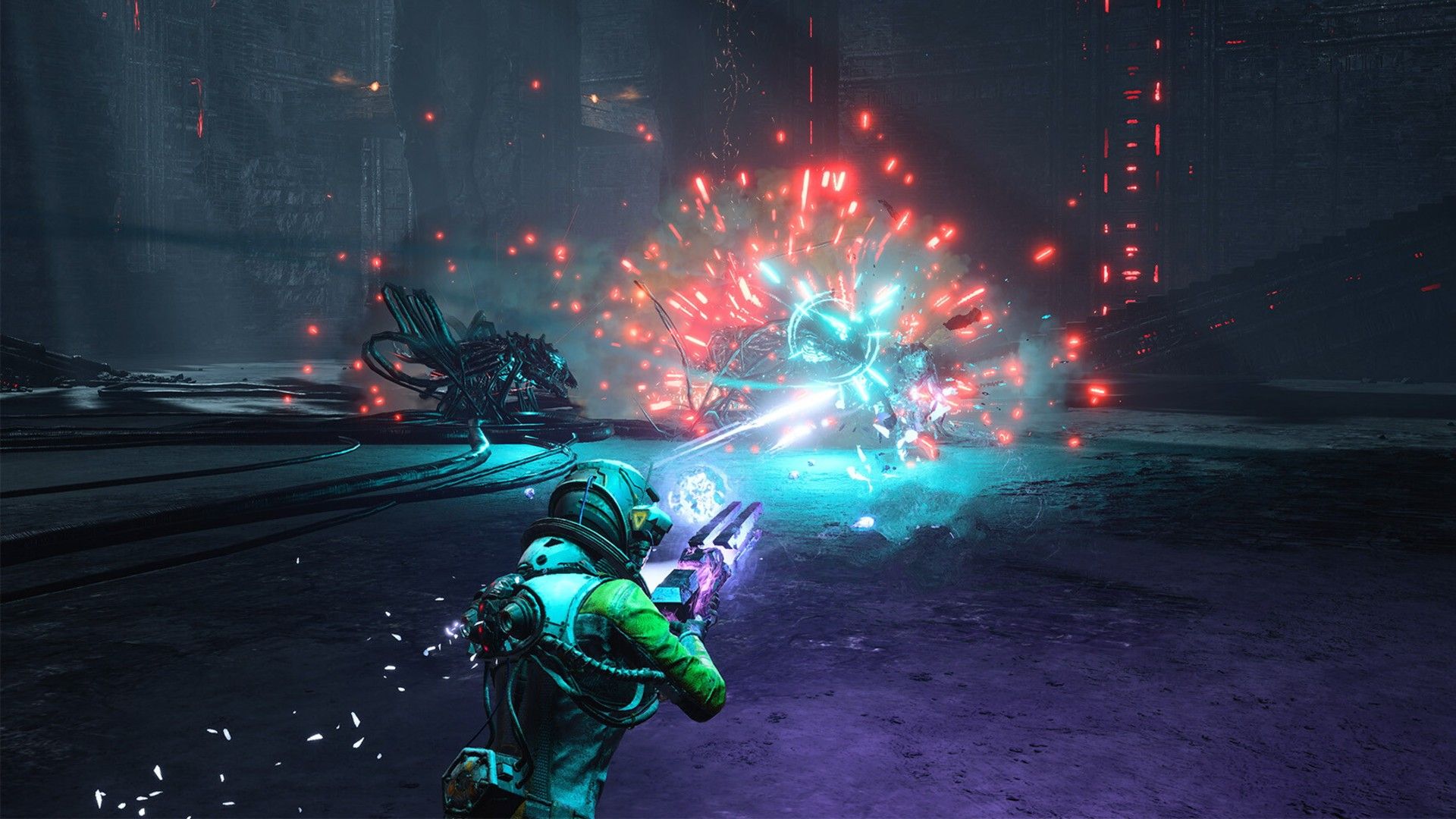
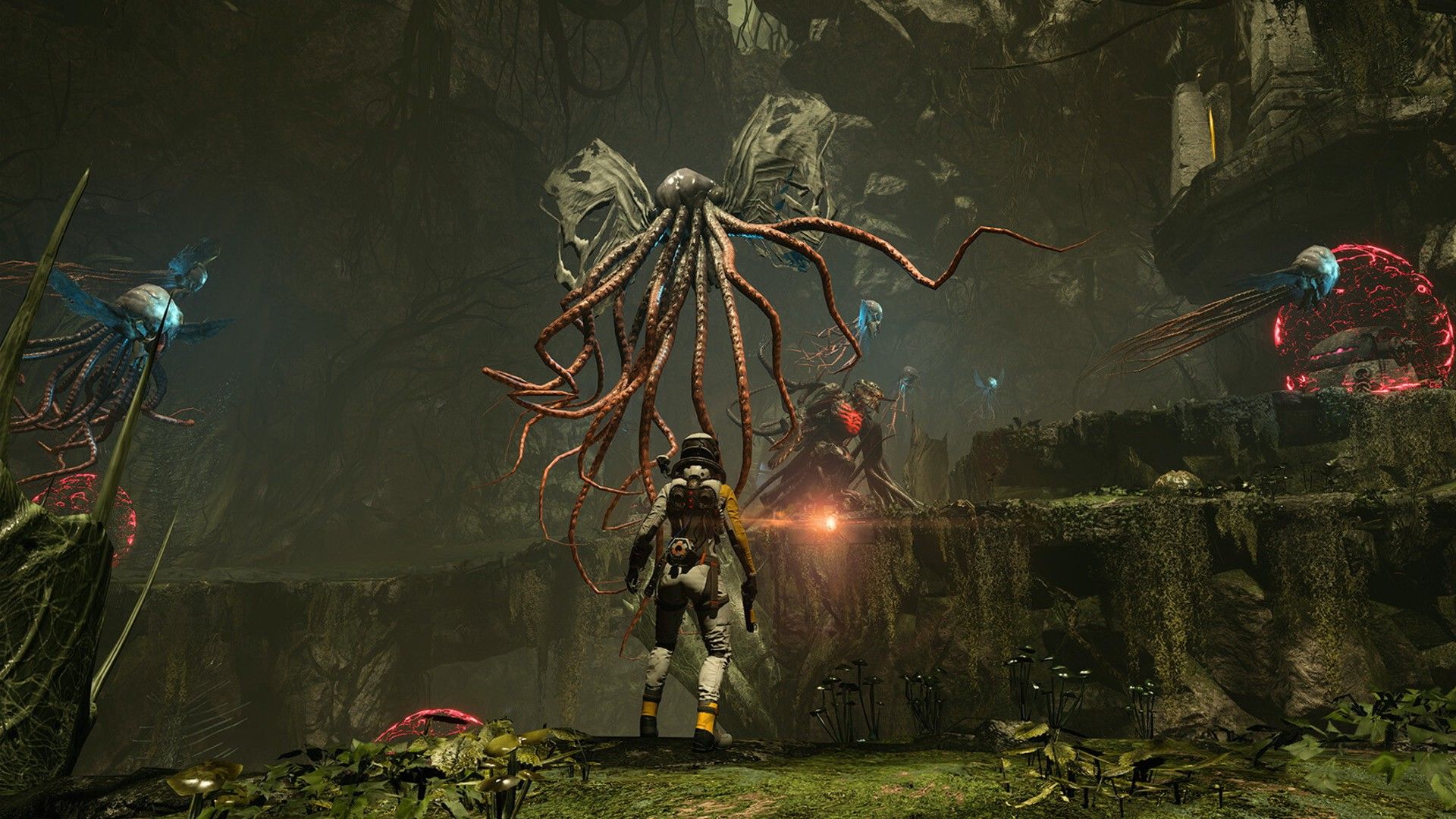
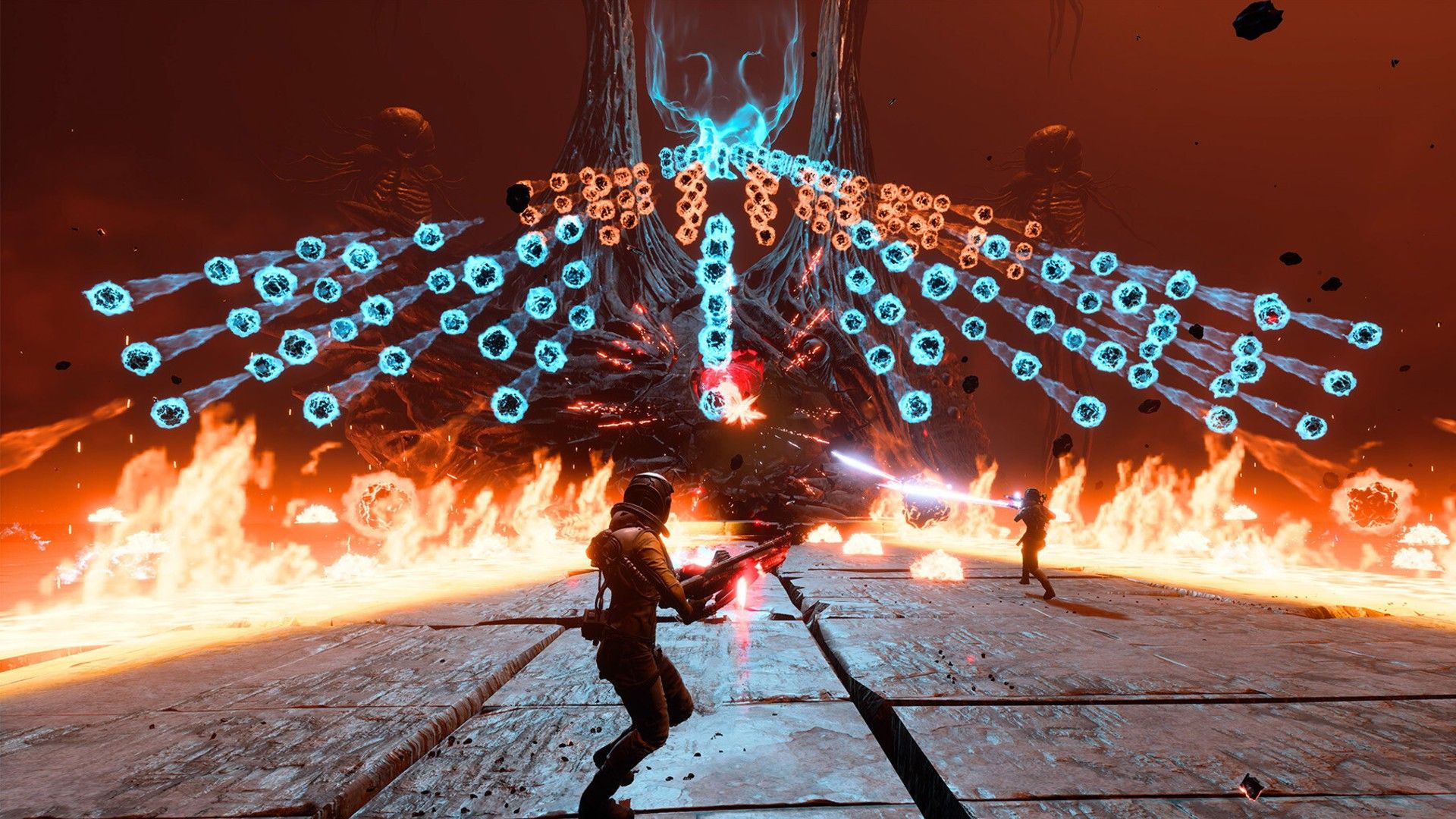
Returnal traps you in a never-ending, looping nightmare on the strange planet of Atropos. Whenever your character dies, time resets, and you start the cycle again, but with what you’ve learned. The dangerous world means you *will* fail, but each time you do, you uncover pieces of Selene’s story and the secrets of the planet.
Losing actually helps you move forward, because each attempt unlocks permanent improvements, reveals pieces of the story, and lets you learn the game’s world better. The game cleverly turns setbacks into opportunities for discovery, deeply connecting the story with the idea of death. You’ll need to repeatedly fail and learn from your mistakes to fully experience and complete the game.
Hades
Story Progression Through Countless Failures
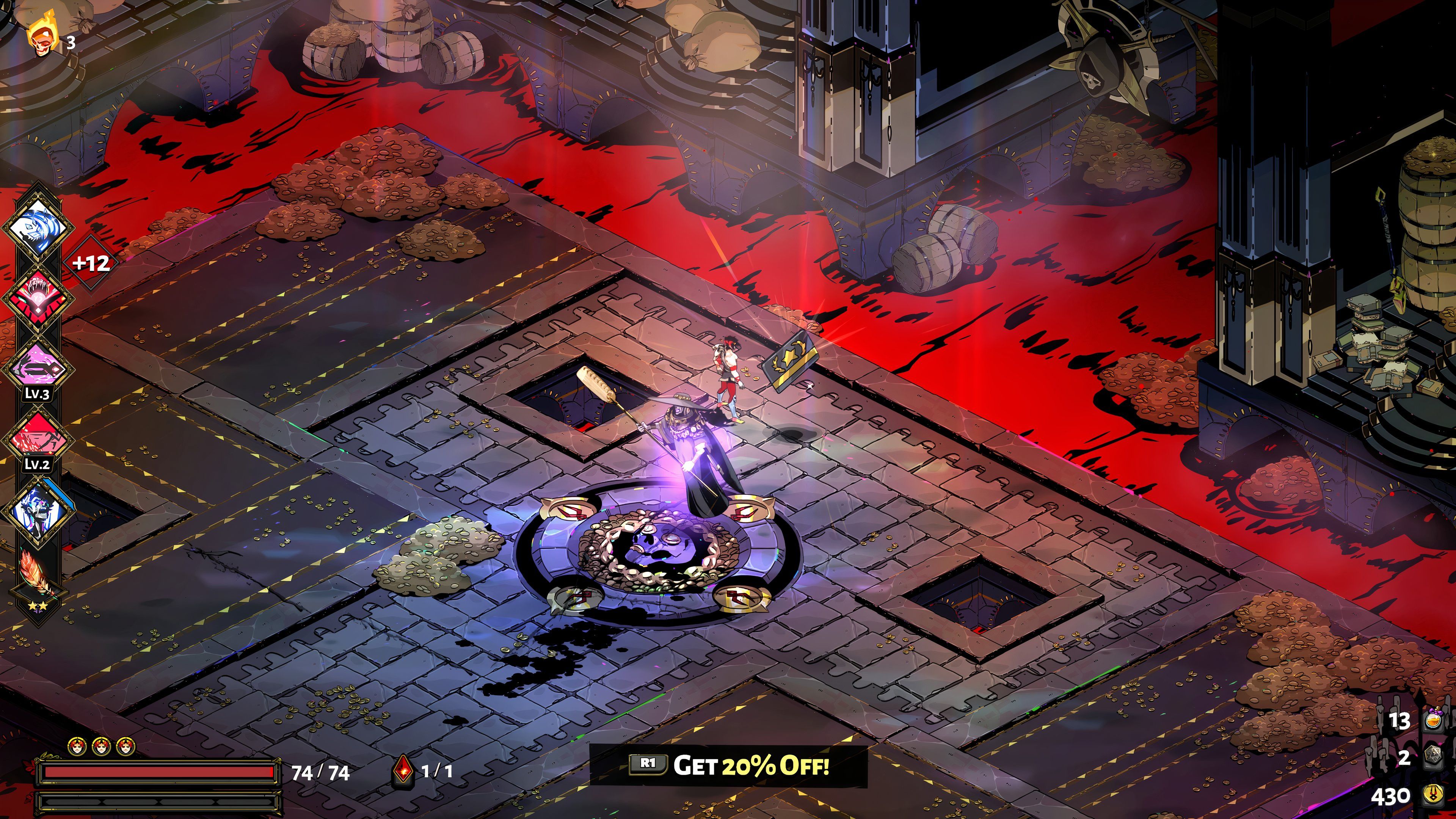
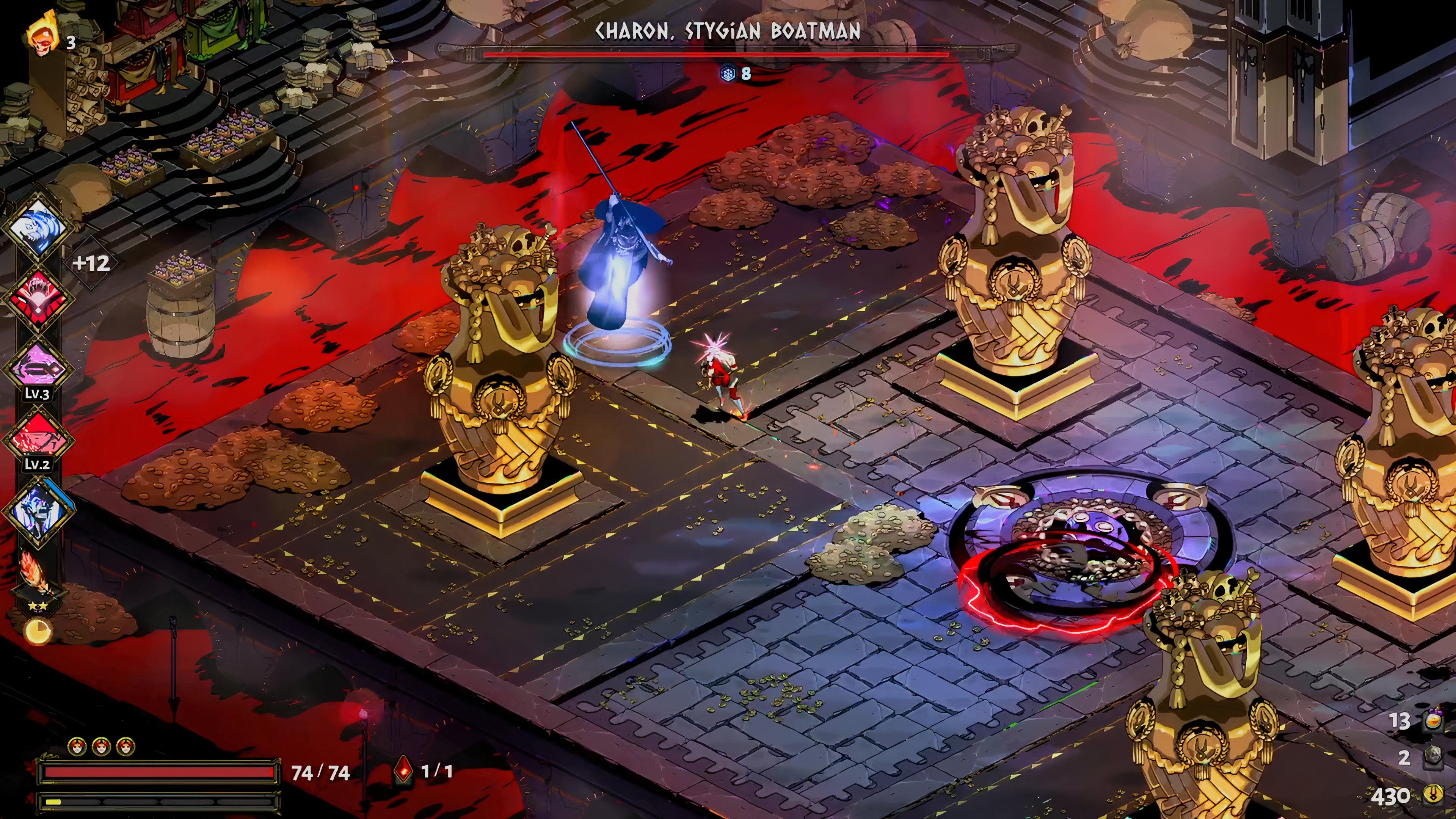
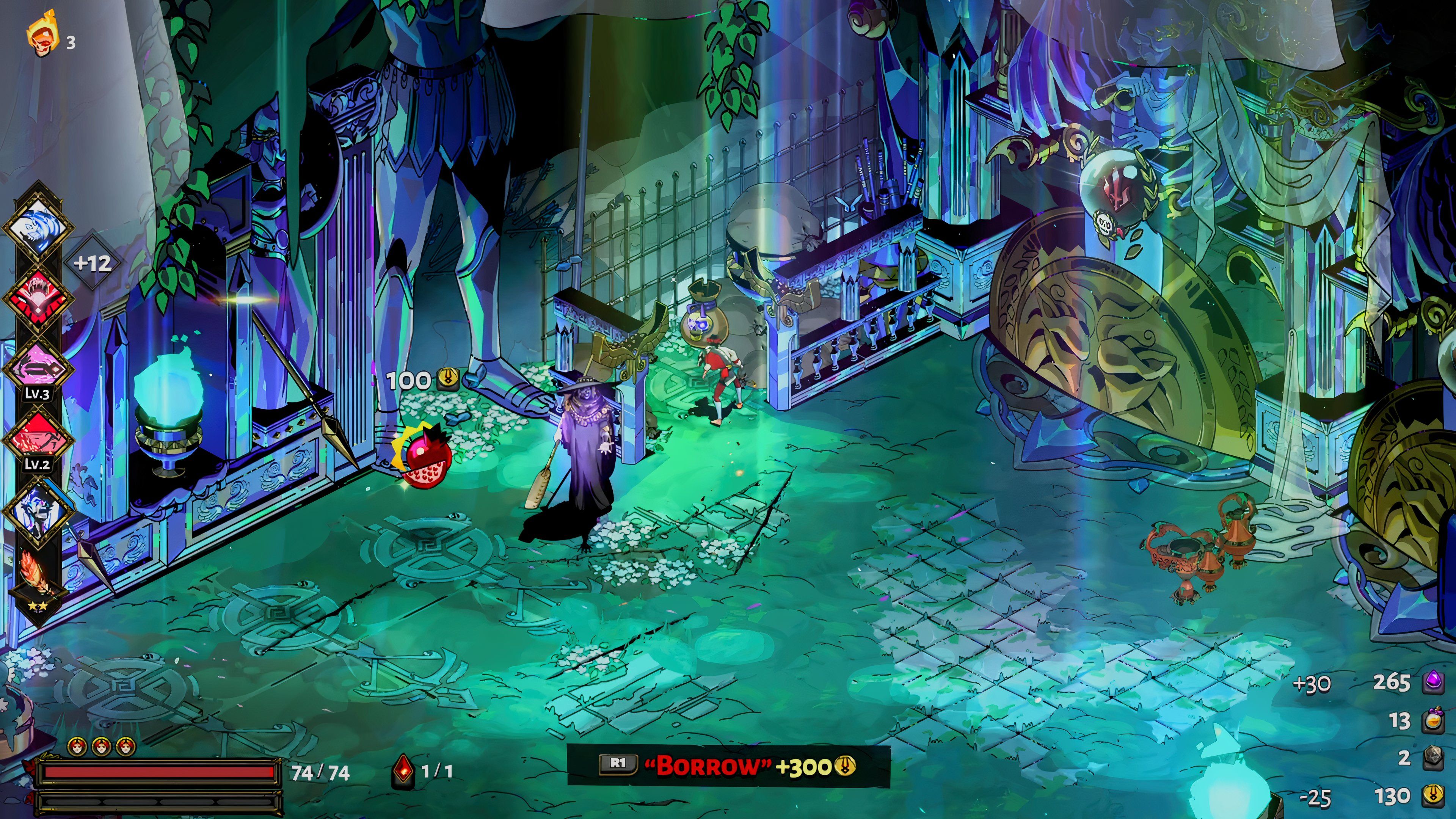
As a huge fan of Hades, I love how death isn’t a setback – it’s actually how the story *moves forward*. Every time Zagreus dies, he’s sent back to the underworld, but it doesn’t feel like a punishment at all. Instead, it unlocks new conversations with the gods and his companions. Seriously, you only learn more and the characters develop *after* you fail, so losing is totally essential to making progress in the game.
The game’s roguelike design makes dying a part of progress. You get better weapons, build stronger bonds with characters, and uncover more of the story only by trying again and again. This constant cycle of failure actually fits with the game’s ideas about never giving up and the importance of family, making each defeat feel like a natural rhythm within the gameplay.
Sifu
Death Means A New Path Forward
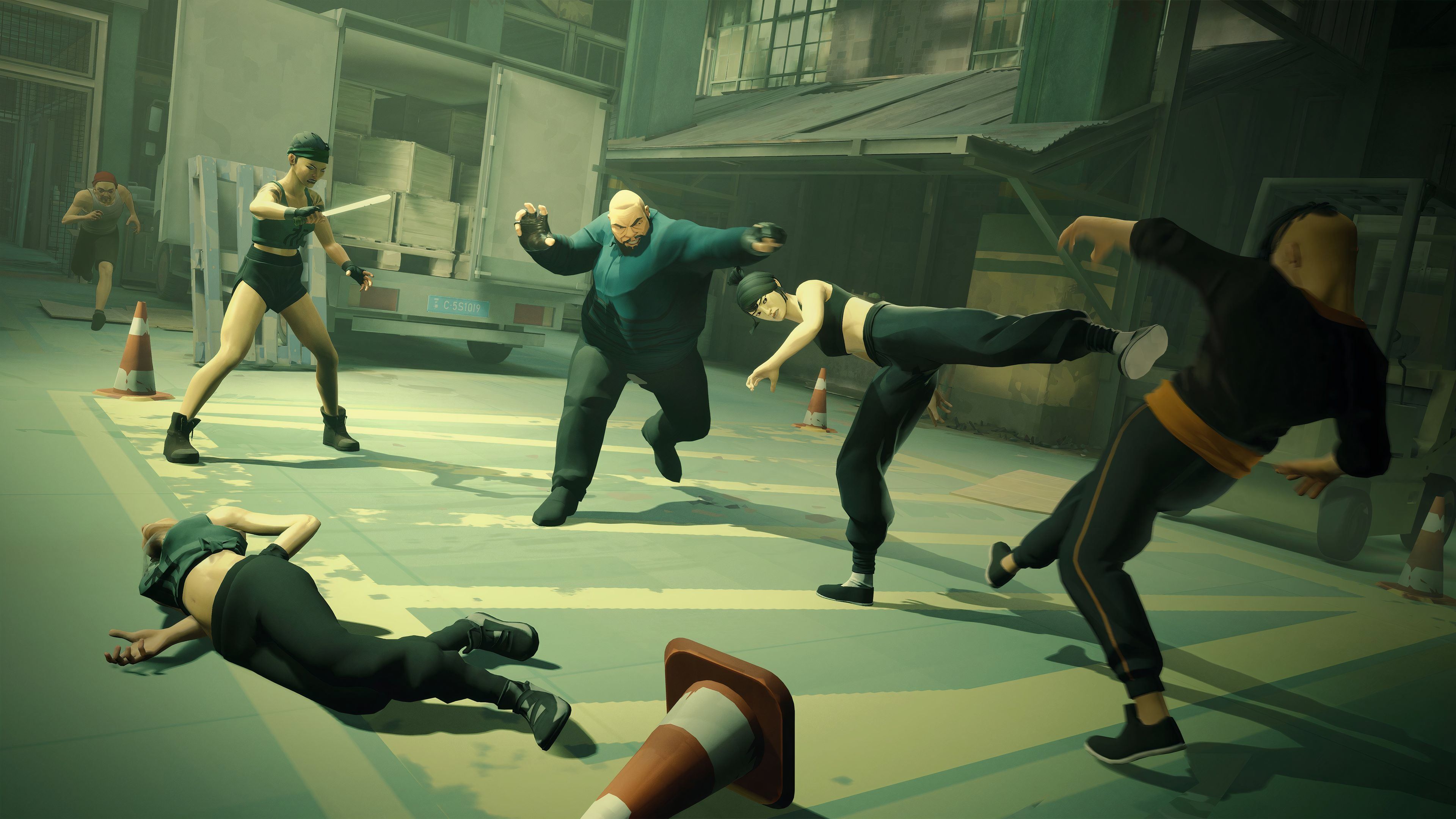
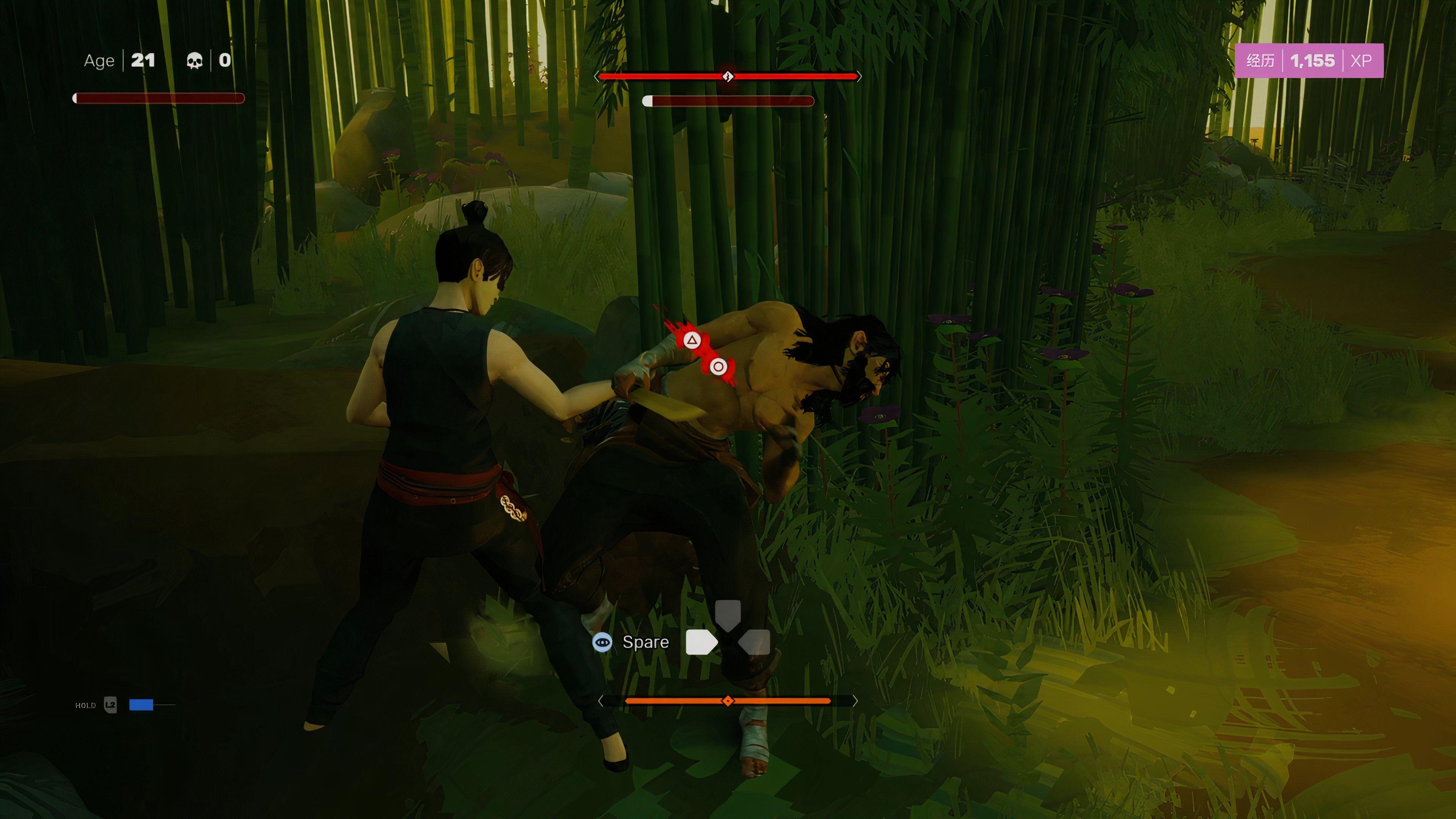
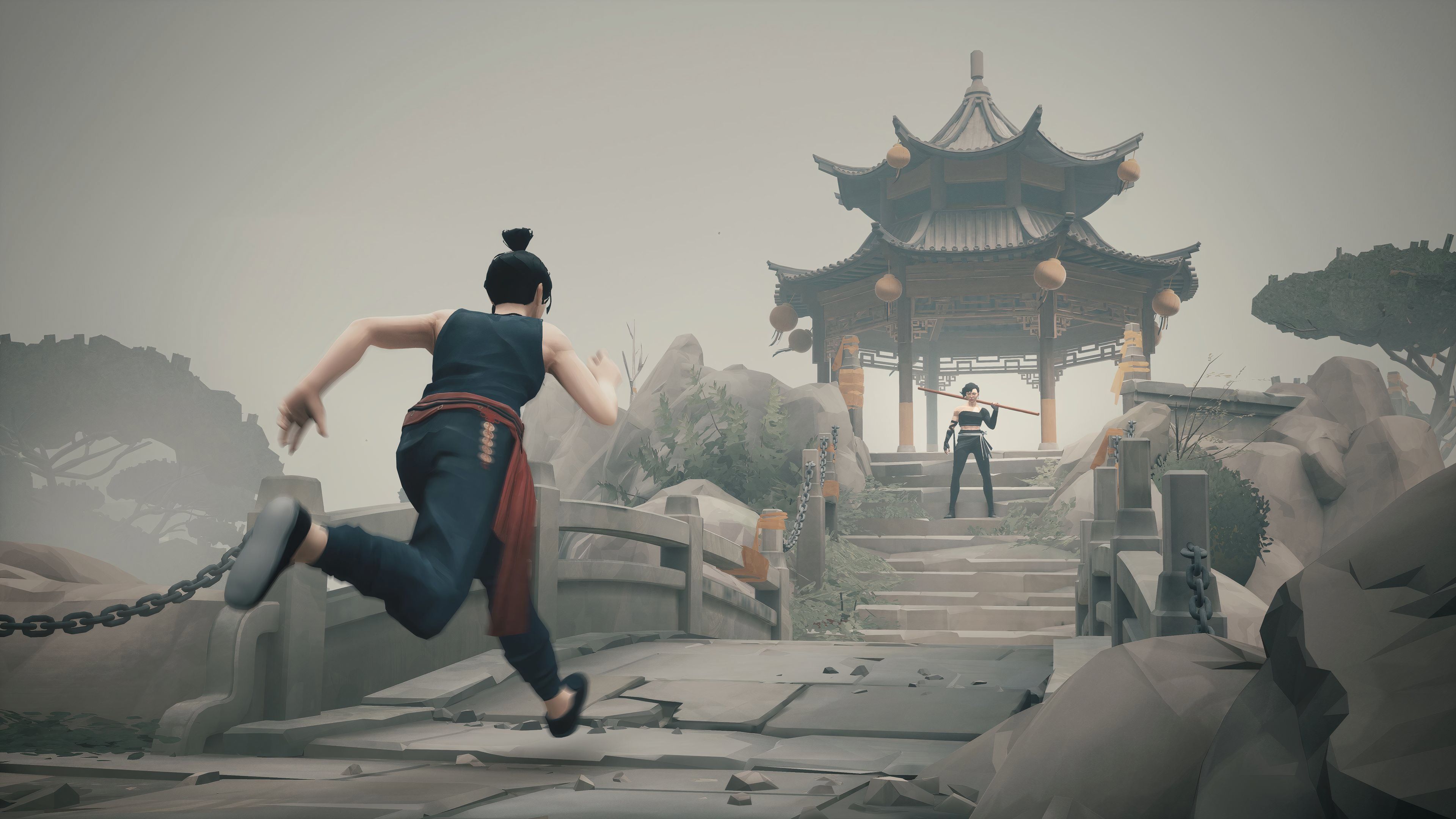
Sifu has an interesting feature: when you’re defeated, your character ages. This isn’t just a game over; each loss brings experience and knowledge, but also reduces your health. It’s a way of showing how precious and delicate life is, and how strength and time are connected. Players will need to carefully consider how they want to advance the story, as every defeat has consequences.
As my character gets older in the game, I know things are going to change, and not always for the better. It means I can’t just breeze through everything; every fight feels real because I’m constantly reminded that my character *can* fail. Honestly, it’s a big part of their story. Losing isn’t just a chance to learn from my mistakes – it actually *matters*. It’s not just about getting better; defeats have real consequences, and they genuinely impact how the game plays out. It makes things way more engaging, knowing that a single mistake can change everything. It’s a tough but rewarding experience.
Fear & Hunger
Survival In The Face Of Inescapable Despair
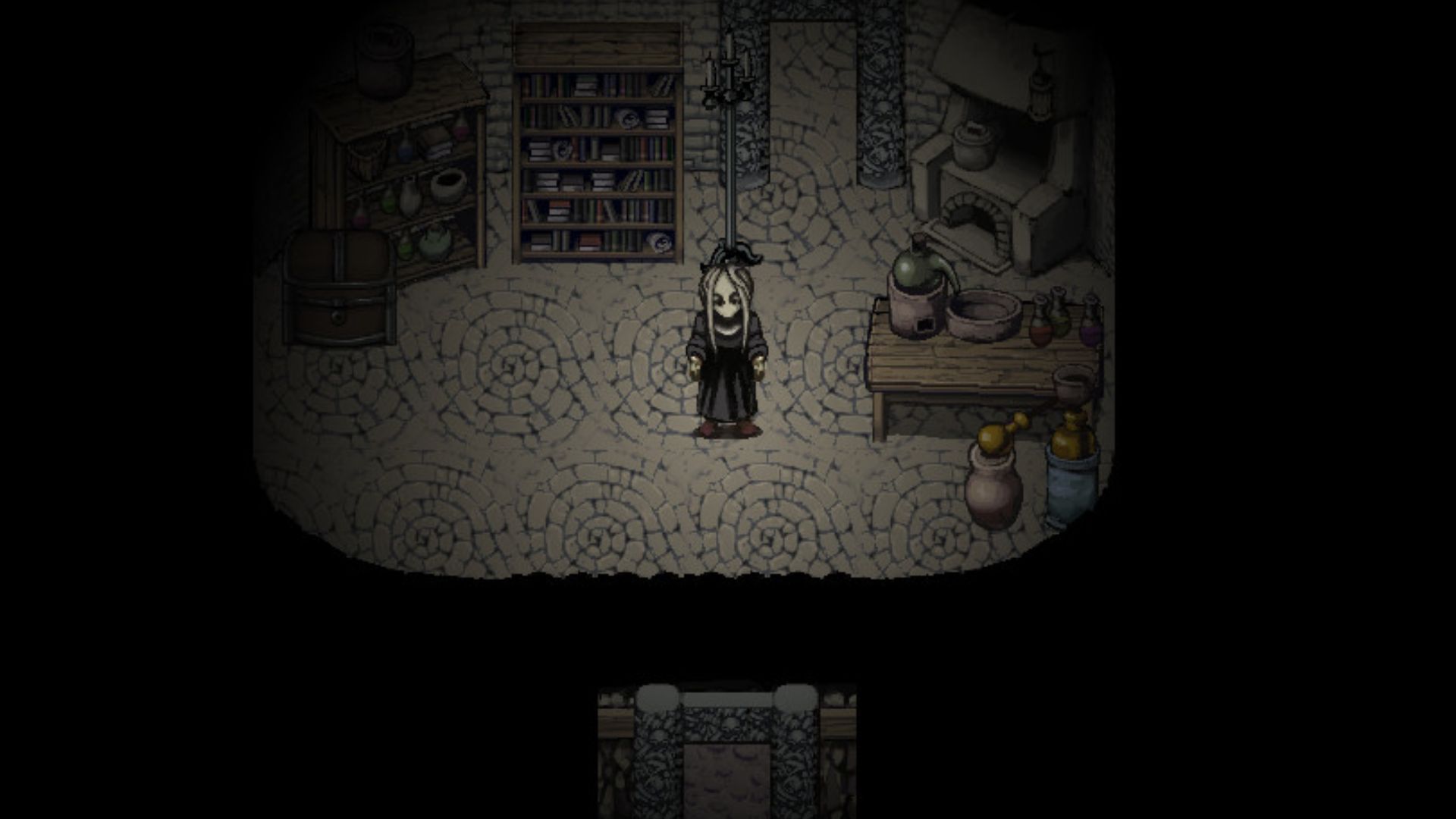
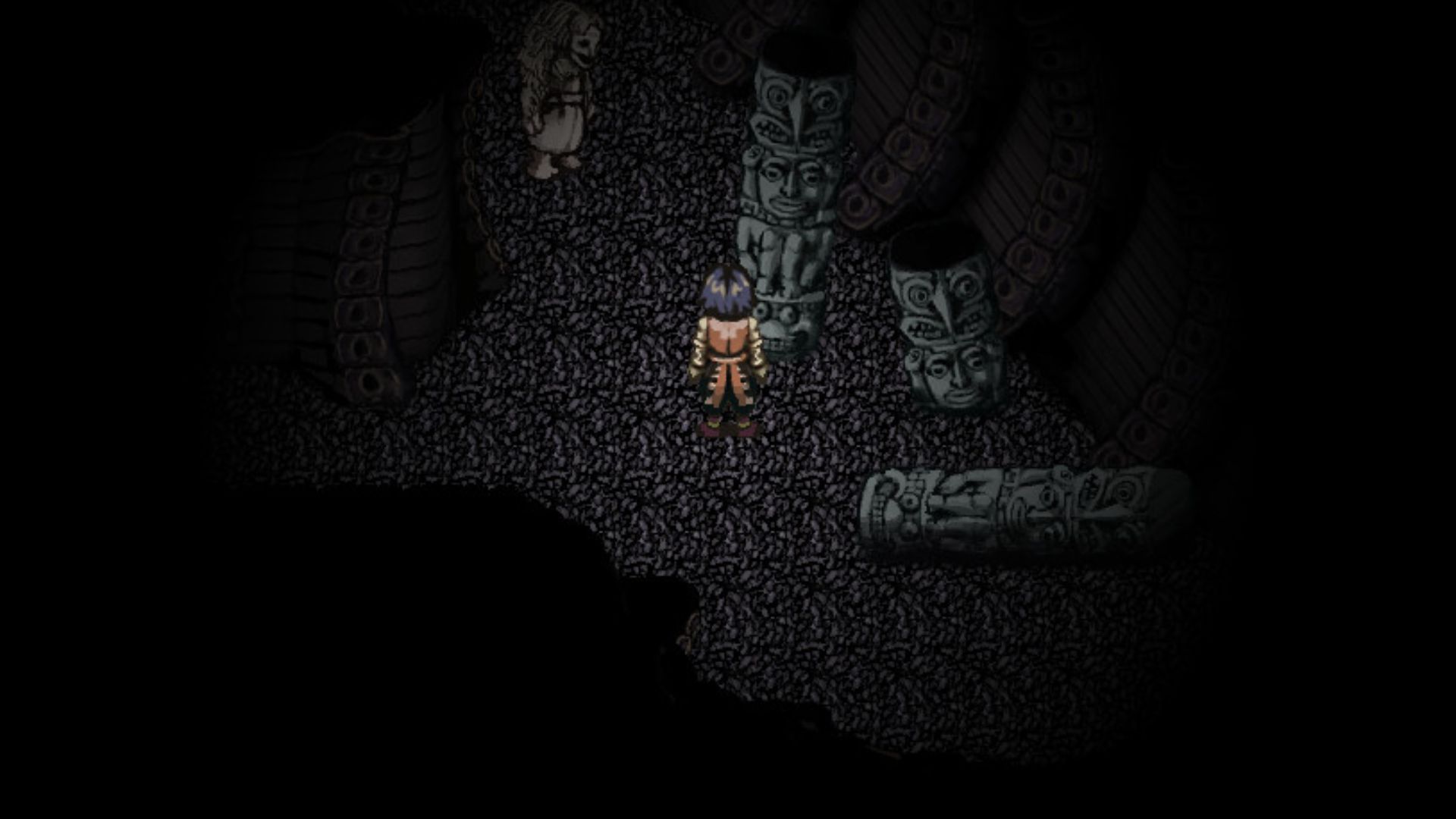
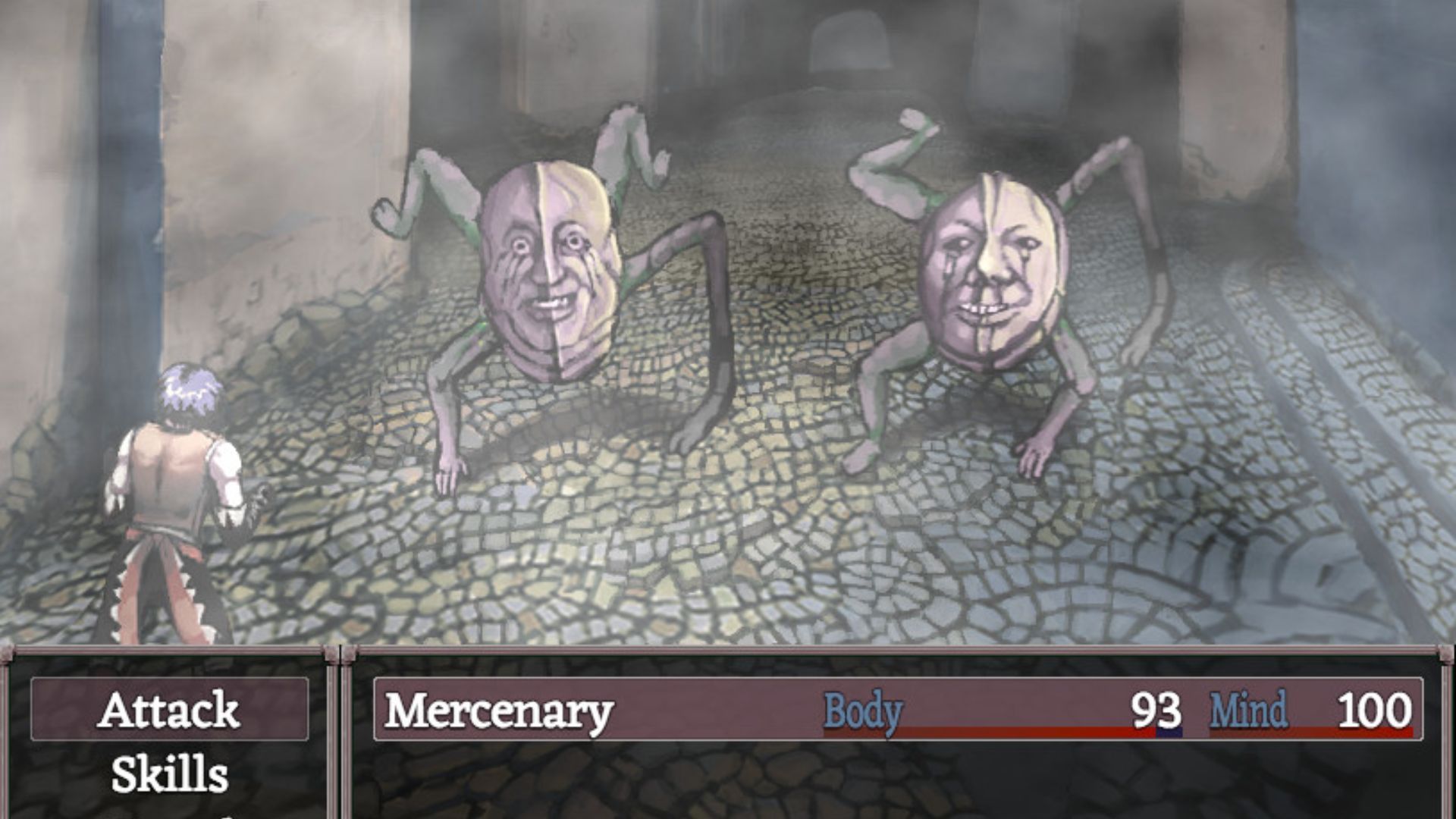
Fear & Hunger is well-known for being incredibly difficult, with harsh survival challenges and a very dark atmosphere. Resources are limited, fights are tough, and bad luck happens often, meaning losing is normal-and even likely. No matter how carefully you plan, there’s always a chance things will go wrong.
A constant sense of loss hangs over the game, creating a feeling that death is always present. Although losing can be annoying, each subsequent attempt feels improved, giving players a rewarding feeling of achievement even when they don’t succeed.
Dark Souls
Built With Dying In Mind
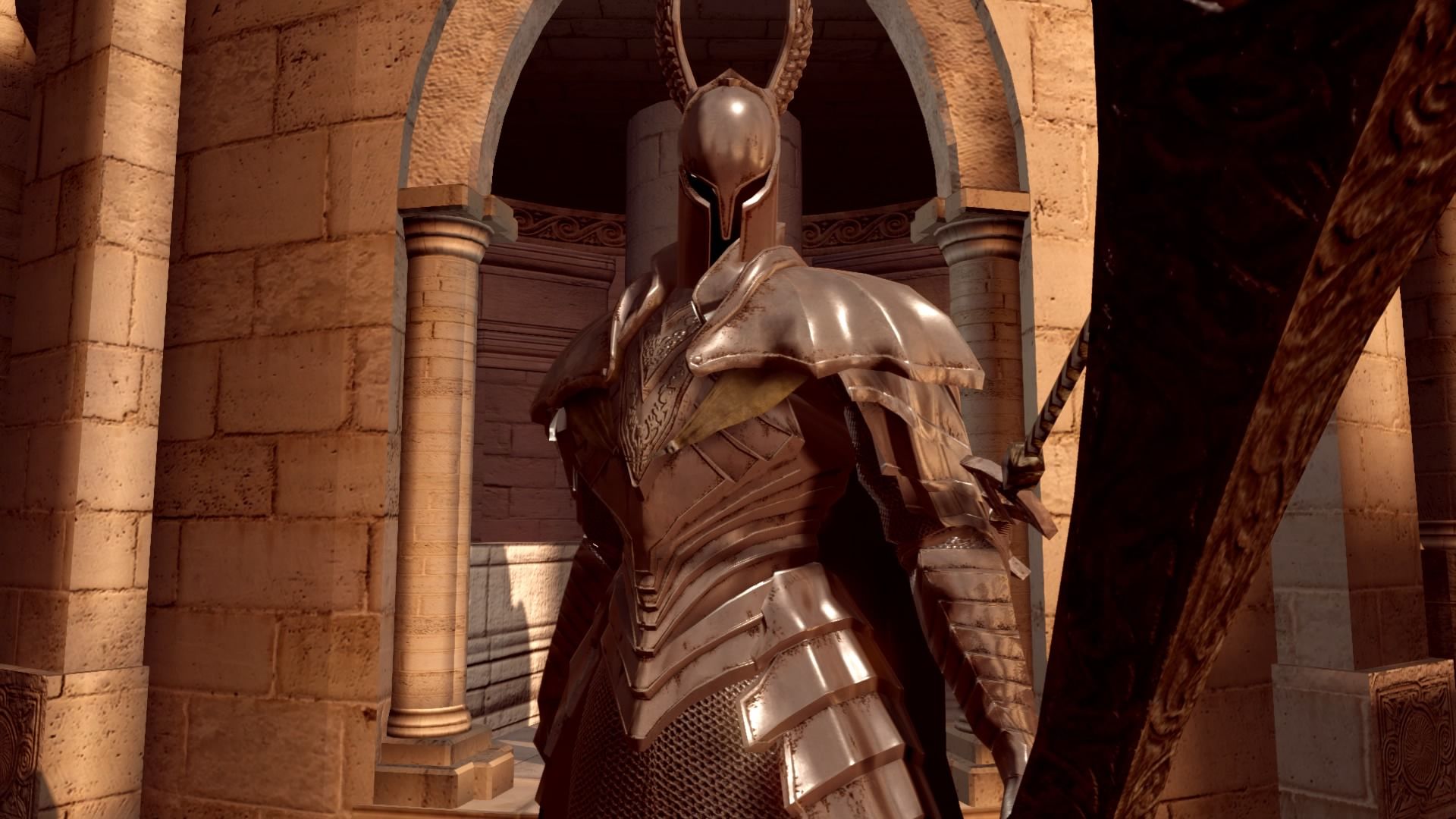
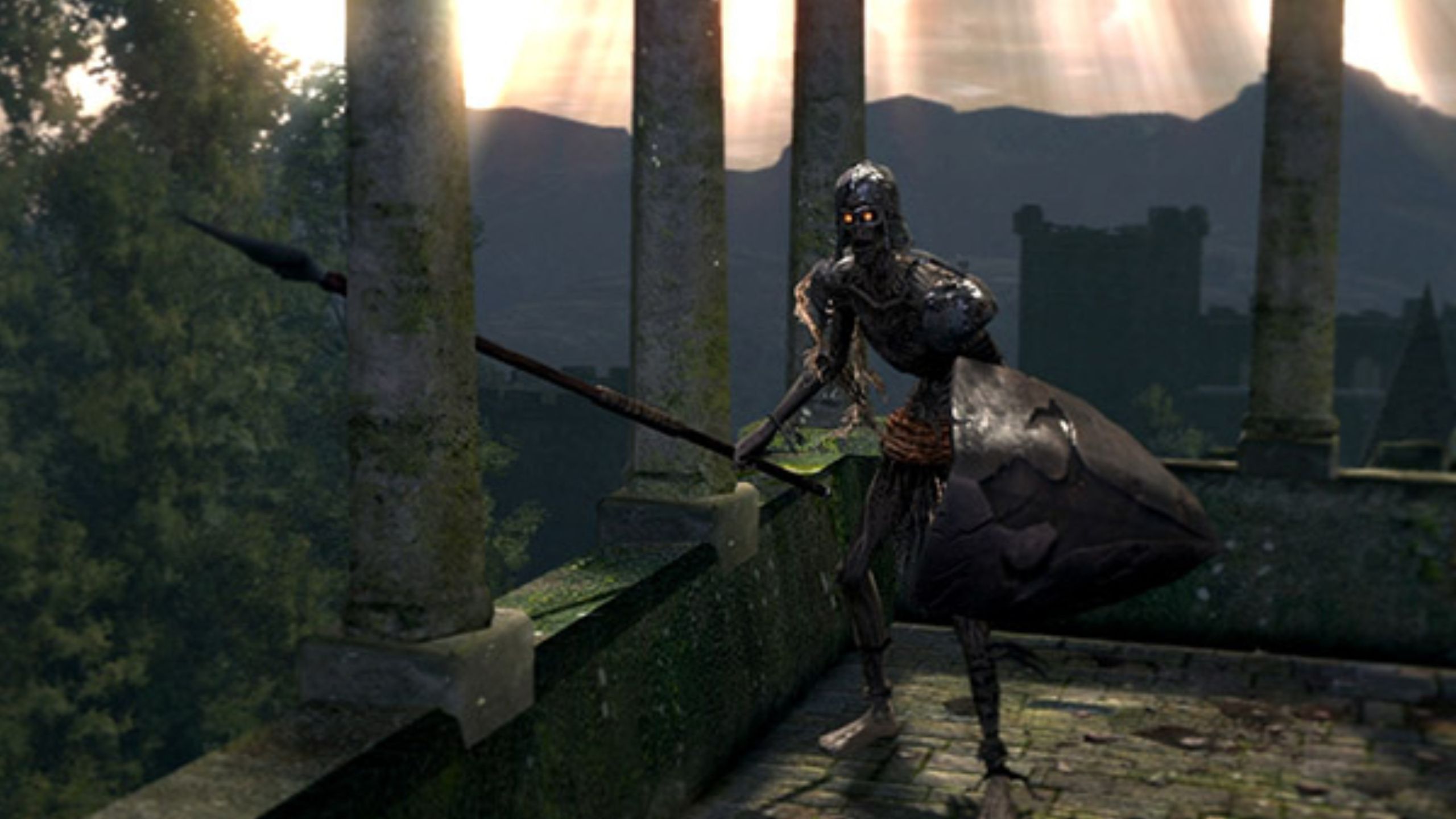
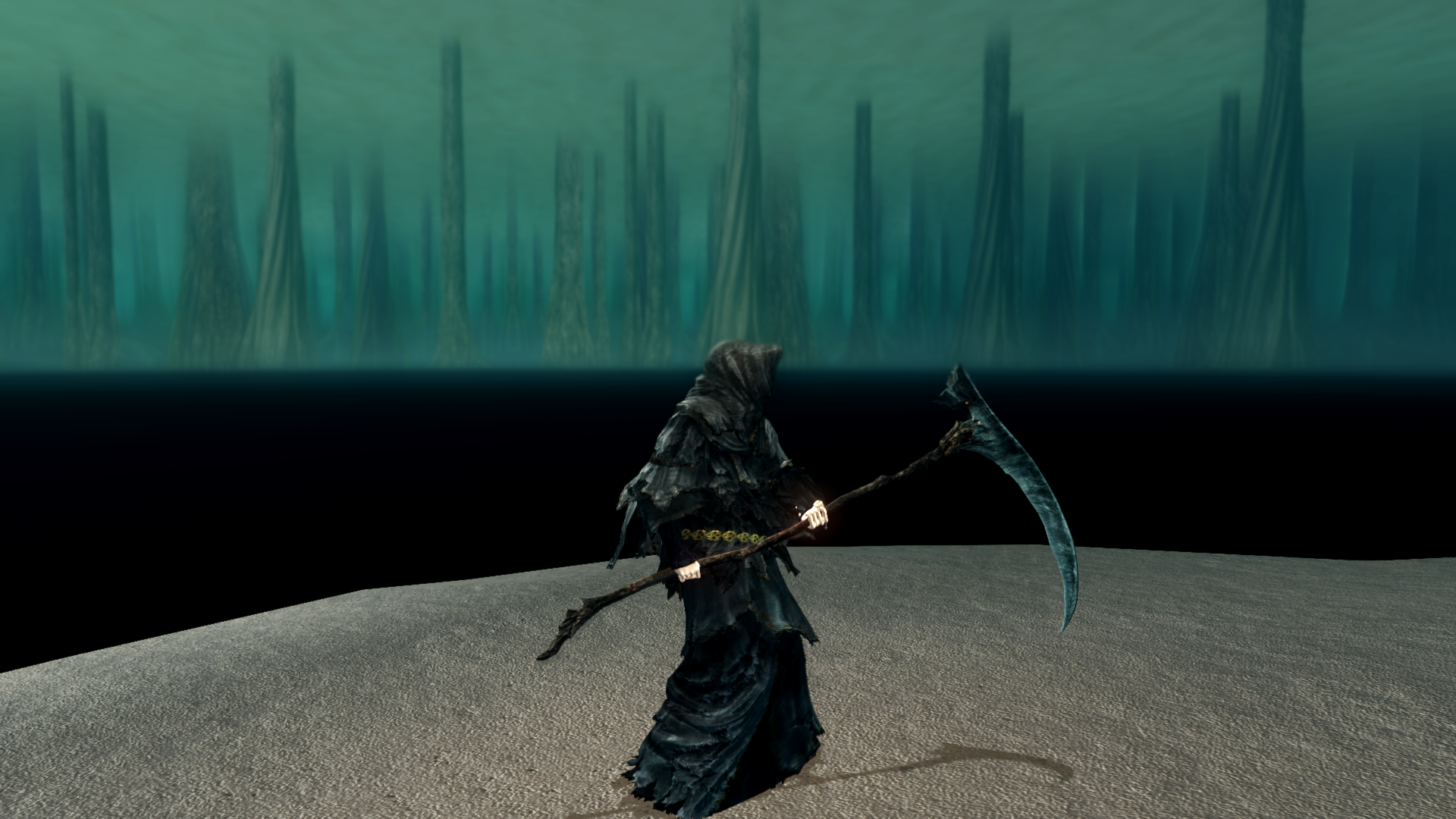
Dark Souls is well-known for being a challenging game where players are expected to fail often. It doesn’t assume you’ll defeat every boss or explore every location on your first attempt. The game is incredibly difficult, and it often throws unexpected challenges and gameplay elements at you, which you typically learn from through trial and error – and usually, by dying.
Although players aren’t given physical rewards for failing, they *do* gain valuable knowledge – like how to defeat certain enemies or where to find hidden opponents – which makes future attempts much more manageable. The game doesn’t offer guidance or safety nets; instead, players must learn through experience and improve to survive the constant challenges and defeats that come their way.
Outer Wilds
A Loop That Can Only Be Mastered Through Losing
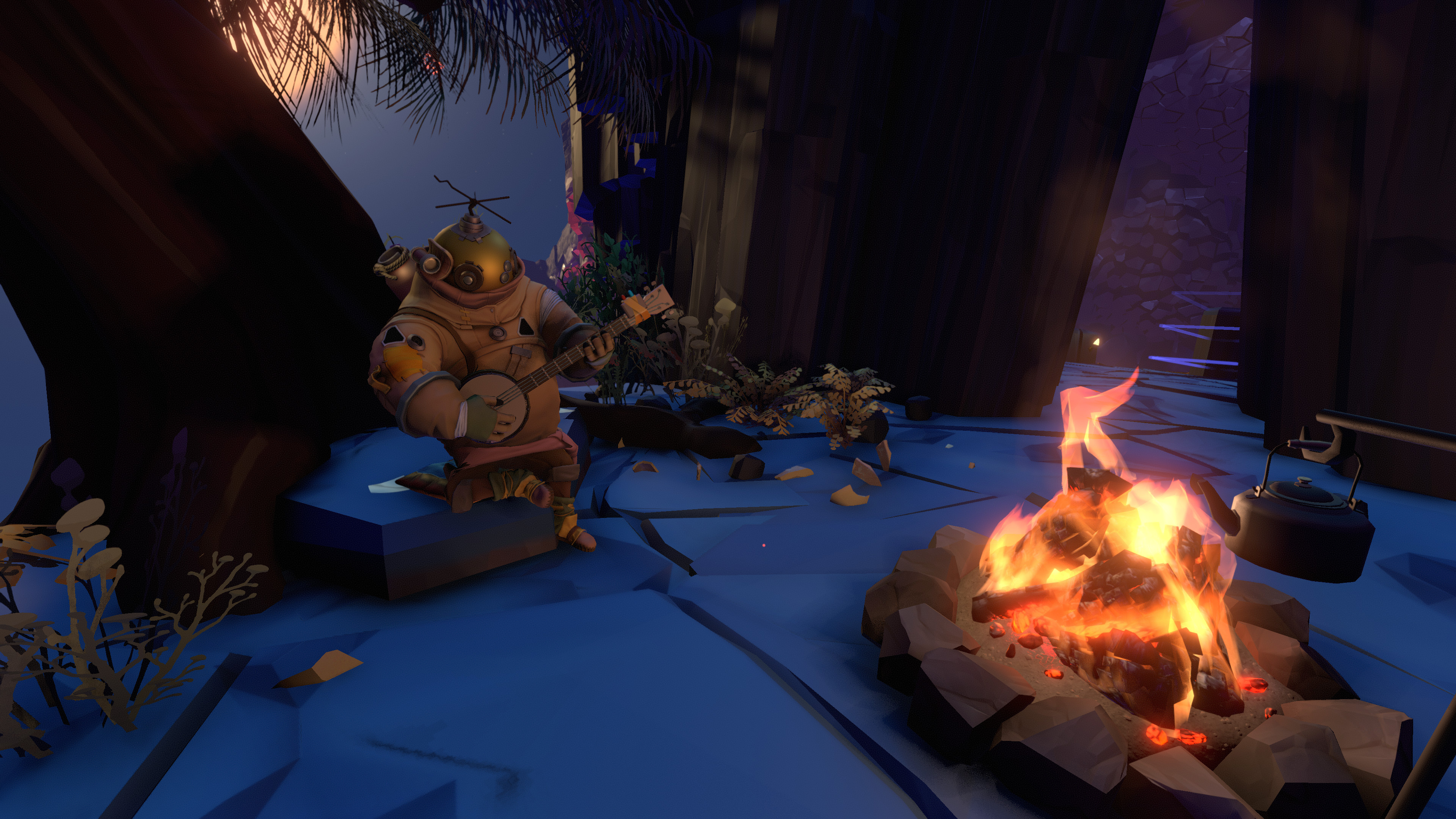
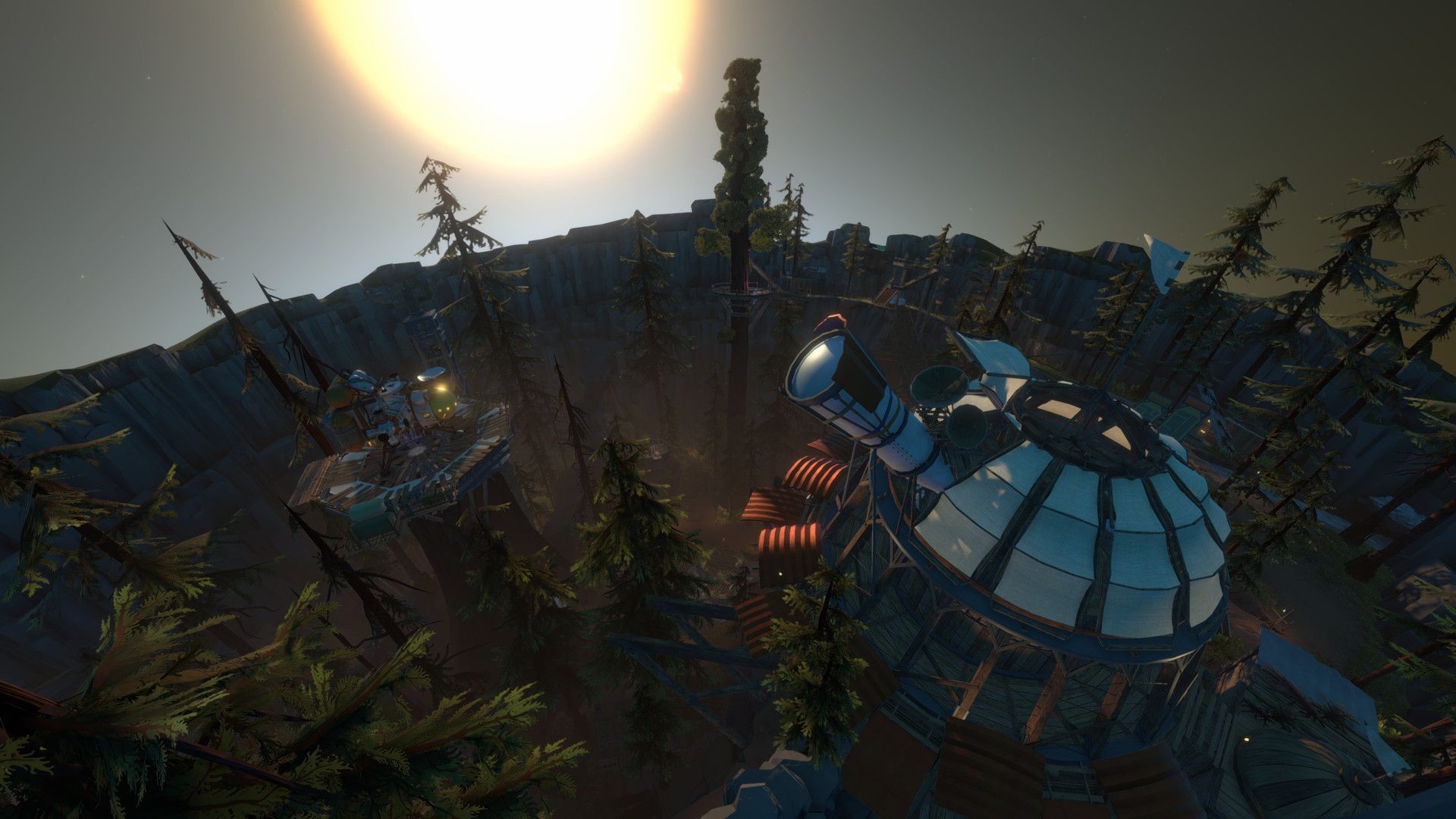
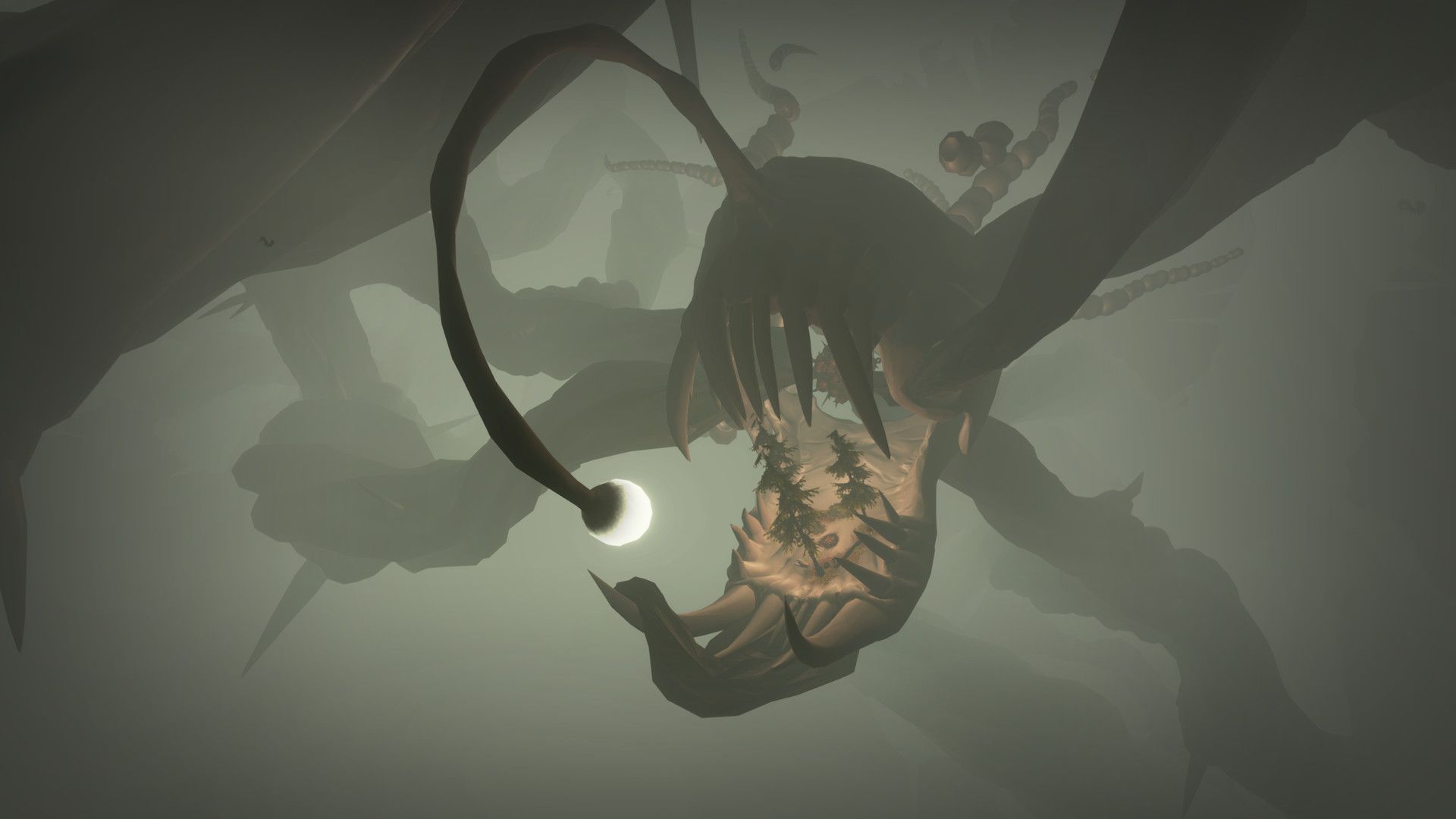
Outer Wilds puts you in a solar system where the sun explodes every 22 minutes. No matter what you do, the sun will always collapse. However, instead of getting discouraged when this happens, it actually makes you more curious and keeps you moving forward, even when you fail.
Knowing you’ll eventually be defeated changes how you approach challenges, making exploration feel critical and understanding the real prize. Players should focus more on being observant than on being technically skilled, and on learning from experience rather than mastering specific actions. The only way to truly overcome an impossible situation is to keep trying until you have nothing left to risk.
Dwarf Fortress
Failure Is The Foundation
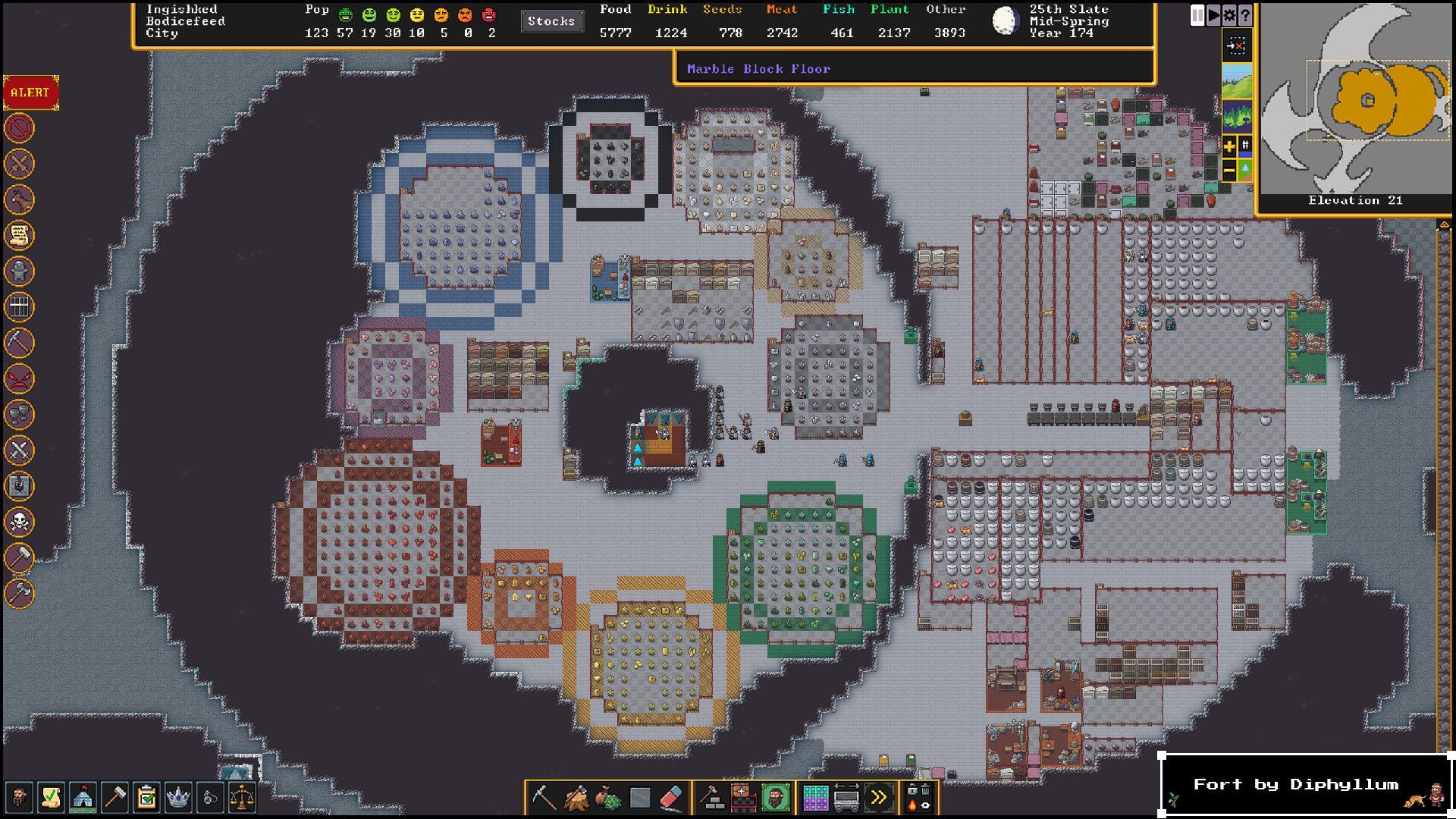
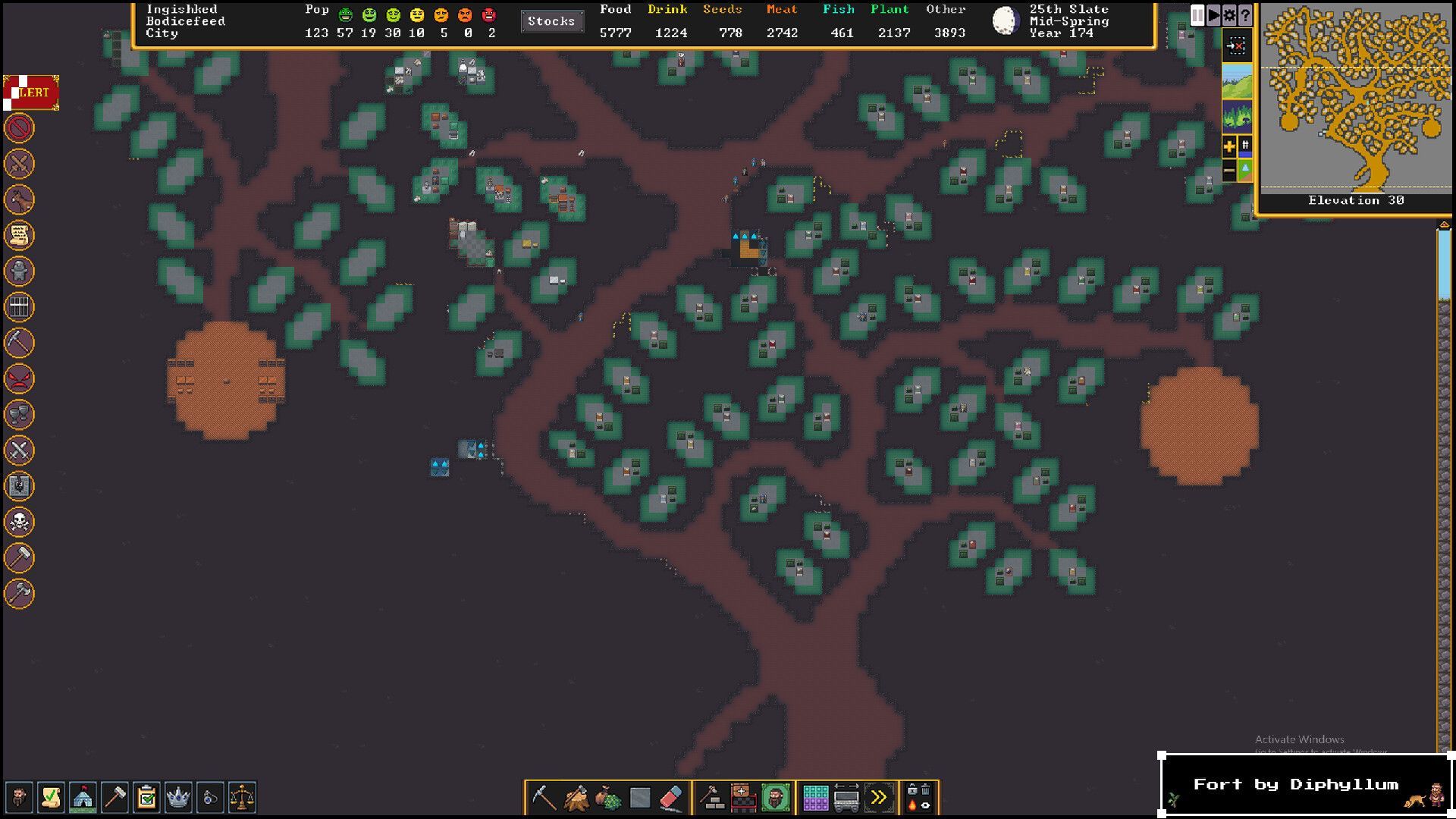
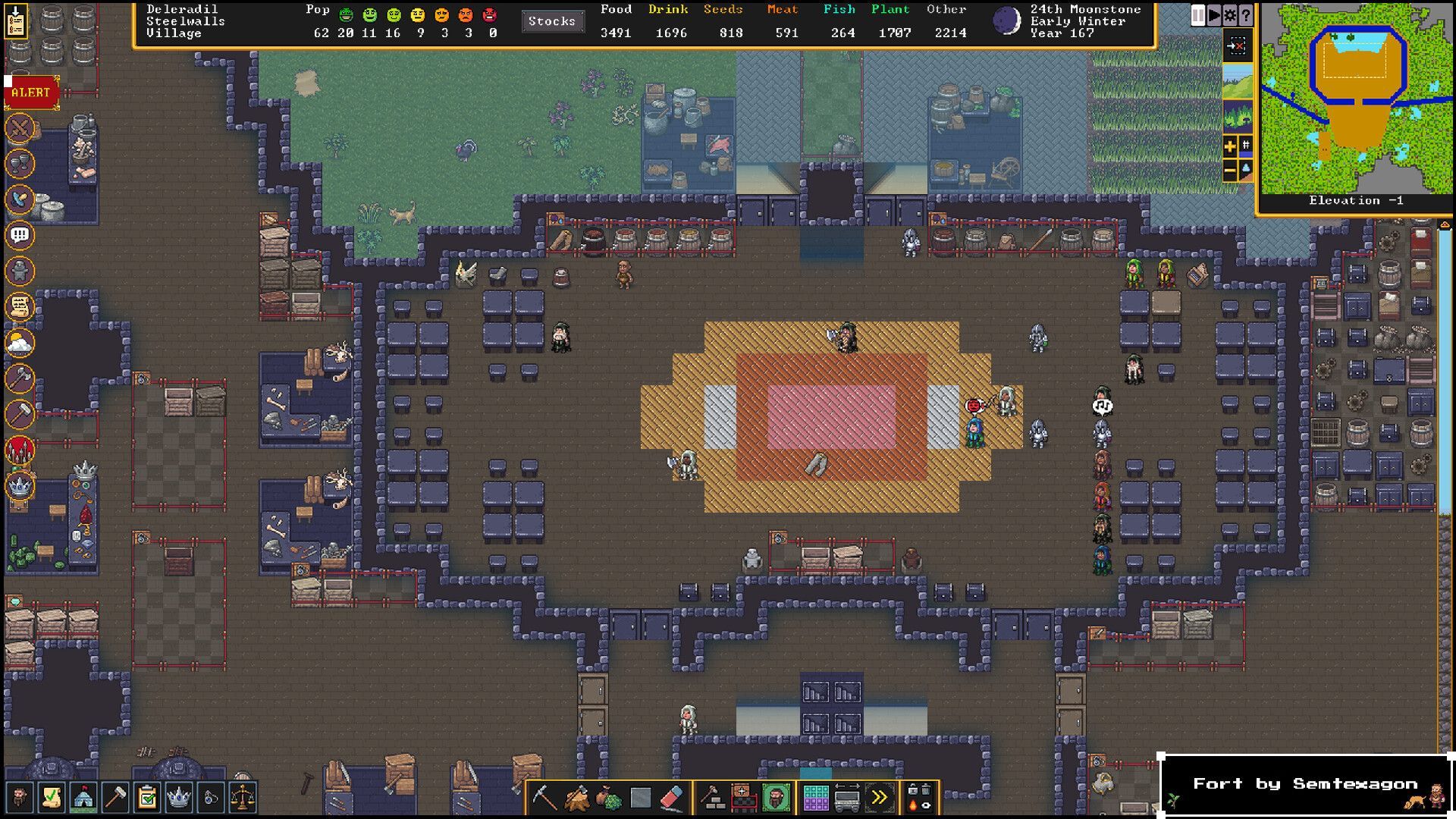
Dwarf Fortress is built on the idea that even failure can be enjoyable. The game’s settlements are intentionally designed to be vulnerable and eventually fall apart due to things like starvation, attacks, or disasters. This means losing isn’t a bug – it’s a core part of the experience. Each collapse tells a story and challenges players to accept that setbacks are inevitable.
Every setback has a story to tell. Whether it’s a fortress falling to goblins, a colony destroyed by flooding, or dwarves defeated by their own pride, the fact that things *will* eventually fall apart turns the game into a story-creating machine. It shows that experiencing a loss can be just as rewarding as achieving victory.
Wall World
Repeating The Cycle Over And Over
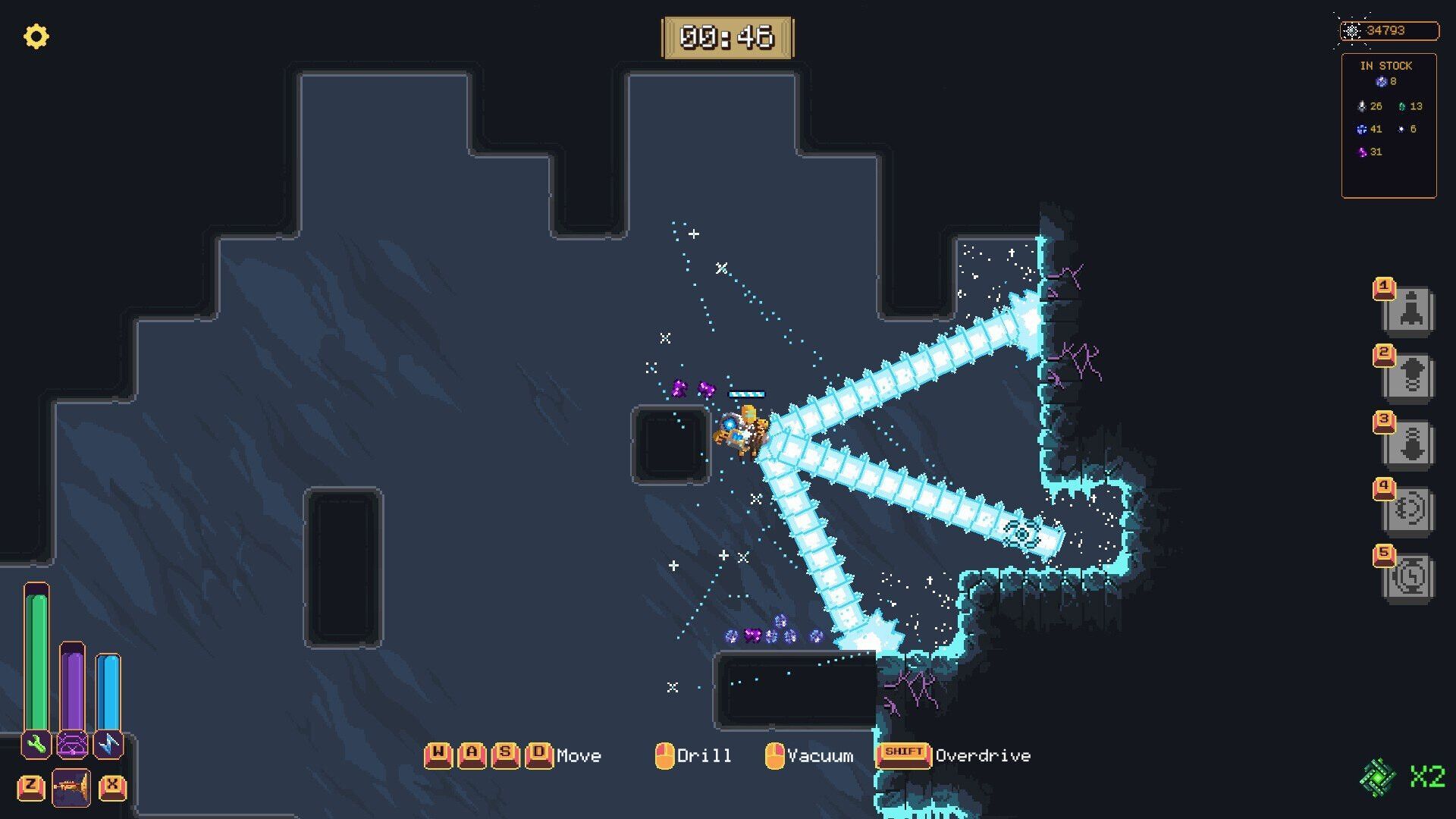
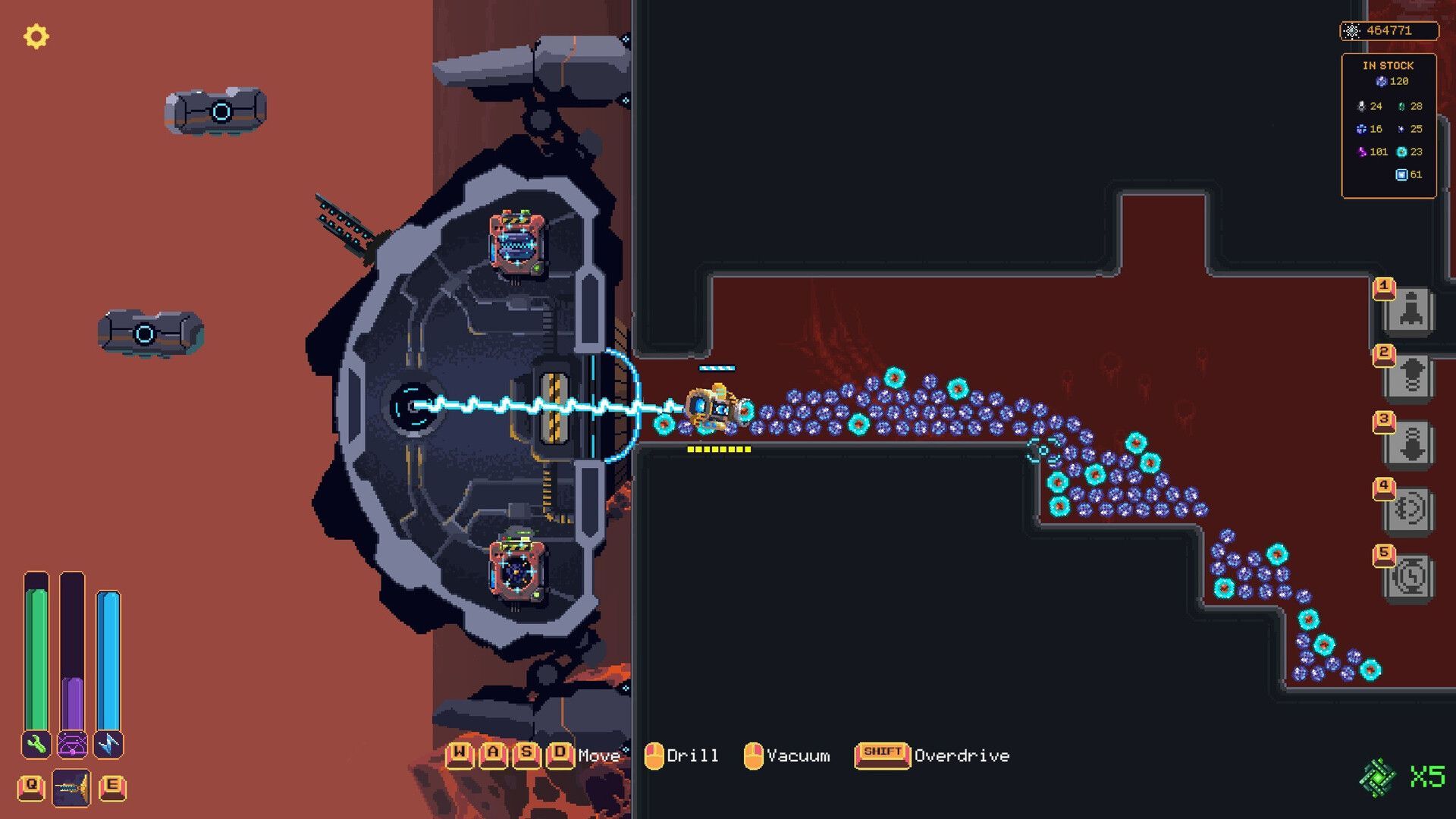
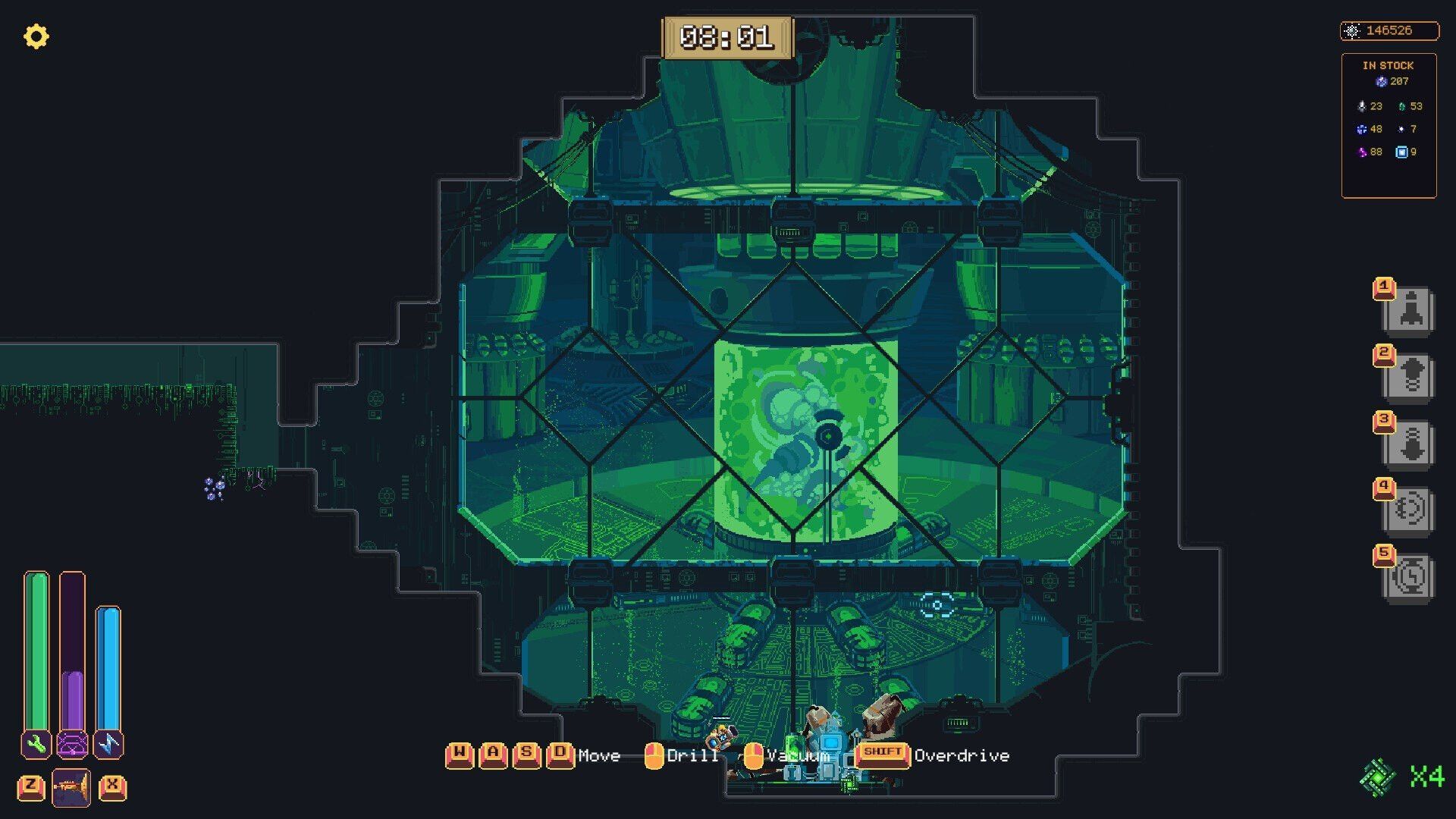
- Release Date: 5th April 2023
- Developer: Alawar
In Wall World, you control a spider-like robot as it climbs an endlessly tall cliff. The goal is to gather resources and fight off unusual enemies. However, at first, without any improvements or many supplies, you’ll likely be defeated. But don’t worry – you can use any new equipment you find while exploring underground to try again.
Making progress requires overcoming many failures. Even when a player seems close to success, a new challenge always appears. Losing doesn’t feel discouraging; instead, it feels like a thrilling step forward, because each death unlocks improvements. This makes every attempt feel more valuable than the one before.
Read More
- God Of War: Sons Of Sparta – Interactive Map
- Overwatch is Nerfing One of Its New Heroes From Reign of Talon Season 1
- Someone Made a SNES-Like Version of Super Mario Bros. Wonder, and You Can Play it for Free
- Poppy Playtime 5: Battery Locations & Locker Code for Huggy Escape Room
- Poppy Playtime Chapter 5: Engineering Workshop Locker Keypad Code Guide
- Why Aave is Making Waves with $1B in Tokenized Assets – You Won’t Believe This!
- Meet the Tarot Club’s Mightiest: Ranking Lord Of Mysteries’ Most Powerful Beyonders
- One Piece Chapter 1175 Preview, Release Date, And What To Expect
- Bleach: Rebirth of Souls Shocks Fans With 8 Missing Icons!
- All Kamurocho Locker Keys in Yakuza Kiwami 3
2025-10-03 16:08